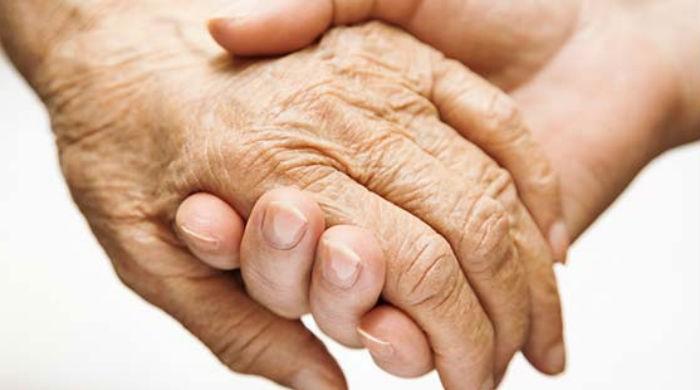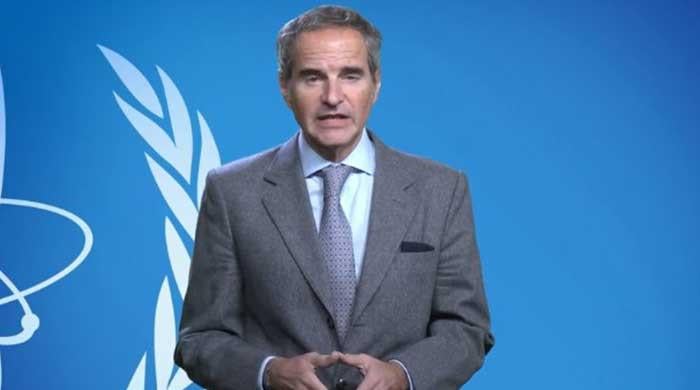Parkinson’s misdiagnosis growing problem in Pakistan
Parkinson’s is the second most common neurodegenerative disorder after Alzheimer’s
April 11, 2018

As global community observes World Parkinson’s Day, people in Pakistan remain relatively unaware of the growing problem due to common misdiagnosis of the age-related neurodegenerative disorder.
Experts said that the disease continues to be misdiagnosed in Pakistan as it is assumed that its symptoms are those of old age. Many people remain unaware that they are suffering from Parkinson’s, experts added.
The disorder, which causes loss of cells in the part of the brain which controls movement, occurs due to lack of dopamine in the brain.
Dopamine is a substance which allows nerve impulses to travel smoothly from one cell to another. As dopamine reduces, the messages from the brain to the nerve cells aren’t transmitted properly causing tremors, rigidity, and slowness of movement.
Parkinson’s is the second most common neurodegenerative disorder after Alzheimer’s. Studies reveal that at least seven million to 10 million people across the world have Parkinson’s.
DBS procedure provides relief to patients in Pakistan
Deep brain stimulation (DBS) is a surgical procedure used to treat neurological symptoms of Parkinson’s diseases relating to motor problems.
In Pakistan, General Hospital Lahore is among the medical facilities where this procedure is performed. So far, 35 patients have been treated using the DBS method.
Neurosurgeon General Hospital Lahore Prof Dr Khalid Mehmood shared that two wires are inserted in a narrow part of the brain and they are attached to a battery which delivers electrical stimulation to specific areas in the brain which control movement.
Even the patients shared that the procedure has improved their condition from before.
“I couldn't walk on my own. I couldn't even get up from the bed. But, ever since I started getting treatment, my condition has improved,” shared one of the male patients.
Another patient remarked: “I have been getting treated for the last four years. My hands still continue to shake.”
Parkinson’s spreading at alarming rate
Experts pointed out that Parkinson's disease has emerged as a major neurodegenerative disorder in Pakistan and about 1,200,000 people are estimated to be diagnosed with it by 2030.
Similar to other non-communicable diseases in the country Parkinson's too is spreading at an alarming rate, said President Movement Disorder Society of Pakistan Dr Nadir Ali while speaking at a seminar last year.
"It is feared that within the next 14 years, the number of patients with this neurological movement disorder, presently registered to be around 600,000, will be doubled by 2030," he said.











